Anxiety Therapy
Anxiety therapy can provide the help you need for learning how to lead a more values-based and satisfying life.
Are You Struggling To Stay In The Present Moment?
Do you lose sleep ruminating over the same things over and over again? Does the feeling of not being good enough hold you back from connecting with others? Is fear of the unknown stopping you from leading the life you want?
When you’re looking at life through the lens of anxiety, everything can seem overwhelming. Perhaps you’ve noticed you’re struggling to stay in the present moment. Rather than enjoying the here and now, your thoughts gravitate toward all of the potential negative outcomes of a situation, even though they’re likely never to happen. Or maybe you’re frequently overreacting to things, making your “fight-or-flight” response kick in when it isn’t warranted.
Anxiety can permeate all aspects of your life. You might be experiencing emotional exhaustion that affects you physically, throwing you off your daily exercise routine. Your anxious thoughts may also be contributing to a lack of motivation that’s left you feeling burned out at work or stuck where you are in life with no clear path forward. Left unchecked, your anxiety may be the underlying cause of more destructive behaviors like overspending, drinking, or gambling.
Moreover, the symptoms of anxiety can be affecting how you relate to other people. Because your inner dialogue is telling you a negative story about how people perceive you, you might have convinced yourself that you’re not good enough to attract the right partner. This negative thinking pattern can leave you feeling isolated and unworthy of love.
Fortunately, anxiety treatment can provide the help you need for overcoming these challenges and learning how to lead a more values-based and satisfying life.
Stress And Anxiety Are On The Rise Everywhere
Since the onset of the pandemic, anxiety has become increasingly common. In a 2020 survey, 62 percent of respondents reported experiencing some degree of anxiety.* It’s not surprising that the additional stress we’re under as a result of being socially isolated has led to this sharp increase in anxiety. Factors that contribute to anxiety can be experiencing trauma, job loss (or job insecurity), loss of a loved one, a breakup, or divorce.
Things we experience in our past can also increase the likelihood of anxiety, for example, addiction, lack of social support, family instability as children, or other personality disorders that make us more prone to suffer from anxiety. Regardless of the root causes, anxiety permeates today’s society, and many of us are having a harder time controlling it and coping with its symptoms.
Unfortunately, we’re often reluctant to seek outside help to overcome our anxiety due to a sense of shame surrounding mental health. We think that it’s a sign of weakness to admit we need help and that we’re somehow expected to handle it on our own. When we fail to do so, we end up feeling hopeless. But just because the majority of us are dealing with anxiety, doesn’t mean we should be expected to suffer alone and not seek treatment for it.
Rather than allowing your fears and hypothetical “what if” thinking to limit you, you can choose to not let the symptoms of anxiety control you. By learning ways to understand and cope with your anxious thoughts, you will gain self-confidence and perspective. Imagine feeling more comfortable in your own skin and living in the present moment.
*Source: https://www.singlecare.com/blog/news/anxiety-survey/
Anxiety Treatment Can Help Liberate You From Fear
My overarching goal and commitment to you are to provide a safe and supportive place to explore and process your feelings. The approach I take to anxiety counseling is to empower you to make healthier choices that better align with your values and goals. We achieve this by developing adaptive coping strategies that help you understand your behavior patterns so you can better manage your anxiety.
Once you learn how to manage it, anxiety will no longer hold you back from the life you want. Most of all, you will get the chance to feel understood and heard during our sessions in a friendly, accepting, and non-judgmental environment.
In our first session, we will determine what has brought you to therapy and establish what you’re hoping to get out of it. After getting some background on your history and clarifying your goals, we will plot out a solution-focused approach to meeting those goals, exploring the barriers that are currently preventing you from getting what you want out of life. My methods for achieving this are flexible, so we will find the one that works best for you.
As we continue to work together, we will focus on building the tools you need to effectively communicate without second-guessing yourself or being ruled by your inner critic. I will help you examine and understand your feelings around how experiences from your past have shaped your present and how they can impact the future. This insight is where the growth and magic happens!
I find that employing Cognitive-Behavioral Therapy (CBT) and Acceptance & Commitment Therapy (ACT) are the most effective ways for you to manage and improve your anxiety. The central idea of CBT is that thoughts influence feelings, and feelings in turn influence behavior. Rather than letting your irrational and negative thoughts unduly influence your behavior, CBT helps you reshape your thinking in a way that can be more helpful to you. And by utilizing ACT, we will improve your psychological flexibility and mindfulness as we explore what your values are so you can focus on living a rich and meaningful life of acceptance rather than resistance.
When you learn to be more self-aware of your unhelpful behavior patterns and their underlying causes, you can finally live a life you love. Once you’re freed from overwhelming anxiety, you may notice that things in your life will fall into place more easily. You will be able to stay more focused in the present, improve your self-esteem, and become more assertive in getting what you want in all areas of your life.
But you may still be wondering whether anxiety treatment is right for you…
Won’t going to therapy mean admitting I have a problem?
There is no shame in getting help to control your anxiety symptoms. Allowing an outdated stigma to prevent you from getting the help you need is never a good reason to deny yourself a better path forward. The reason we go to the dentist to get our teeth cleaned is to prevent cavities from forming. In the same way, seeking out treatment for your anxiety can prevent any further issues from arising.
What if I don’t have time for anxiety therapy?
You will never regret making your mental wellness a priority in your life. We can work together to find a time that works with your schedule. I try to be as flexible as possible for your convenience and can book sessions in the early morning, lunchtime, or evenings. Attending therapy is time worth making for yourself.
My last experience with a therapist wasn’t great. How will working with you be different?
You will never regret making your mental wellness a priority in your life. We can work together to find a time that works with your schedule. I try to be as flexible as possible for your convenience and can book sessions in the early morning, lunchtime, or evenings. Attending therapy is time worth making for yourself.
You Deserve To Live Your Best Life
Fear doesn’t have to get in the way of your ambitions and dreams. With a tailored approach to anxiety treatment, you can free yourself from what has been holding you back so you can accomplish what you want in life. For a free, 15-minute consultation, please feel free to contact me.








